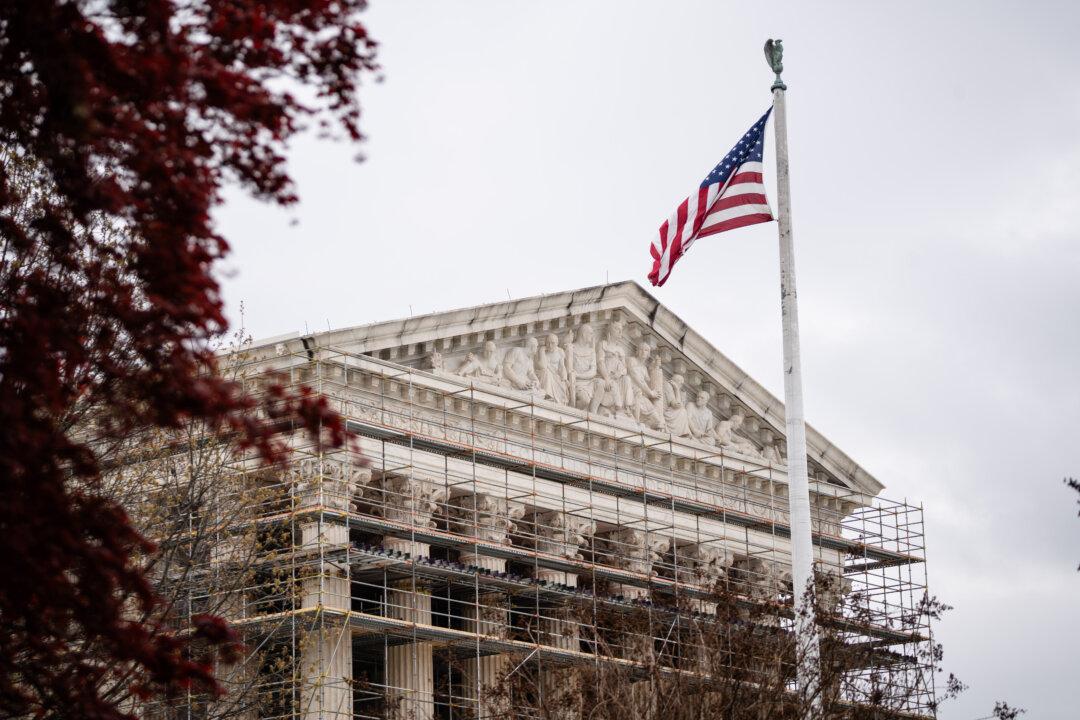The U.S. Supreme Court seemed inclined during an April 23 oral argument to revive a lawsuit filed by energy companies over California’s tough vehicle emissions standards.
The case is Diamond Alternative Energy LLC v. Environmental Protection Agency (EPA).





